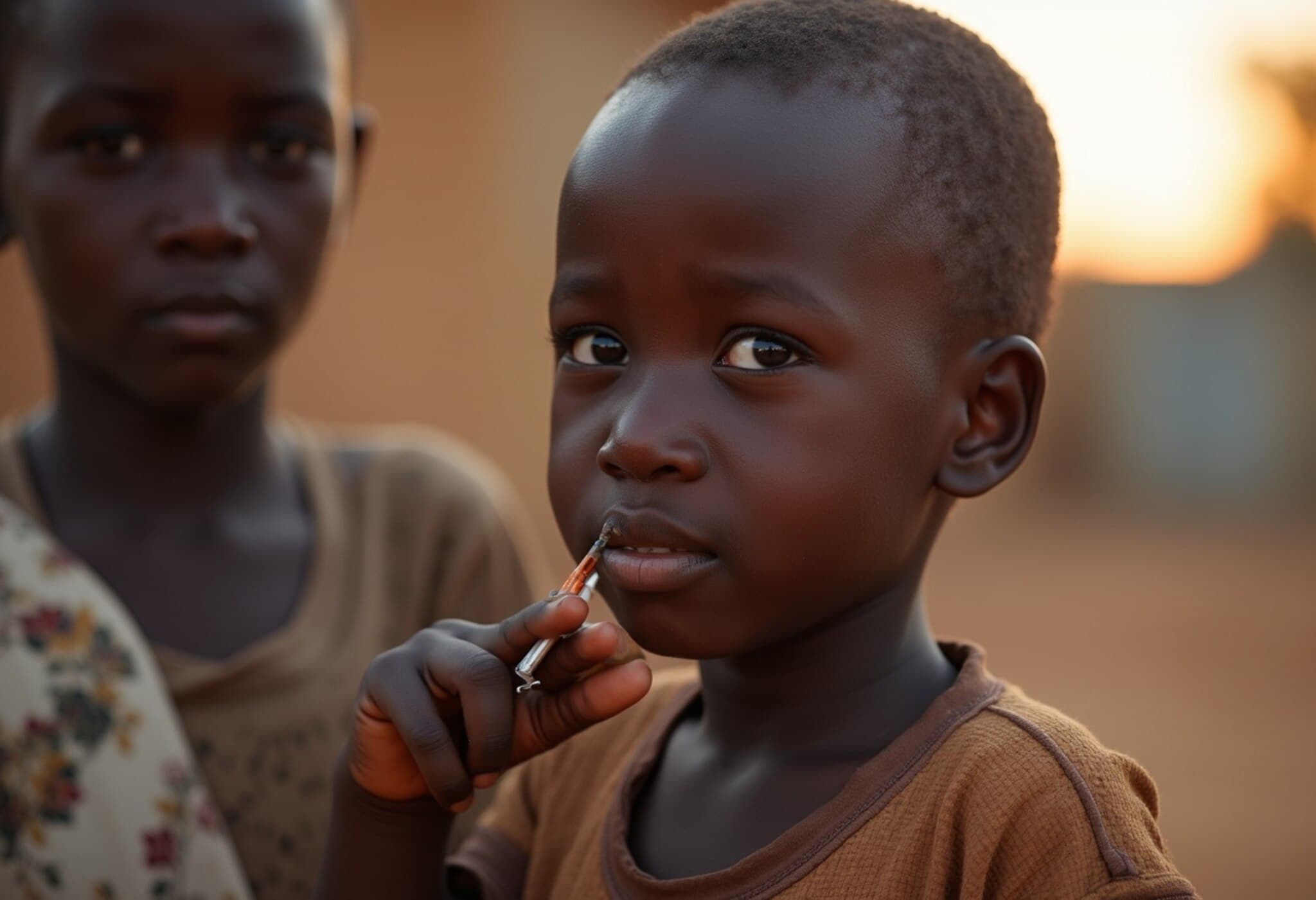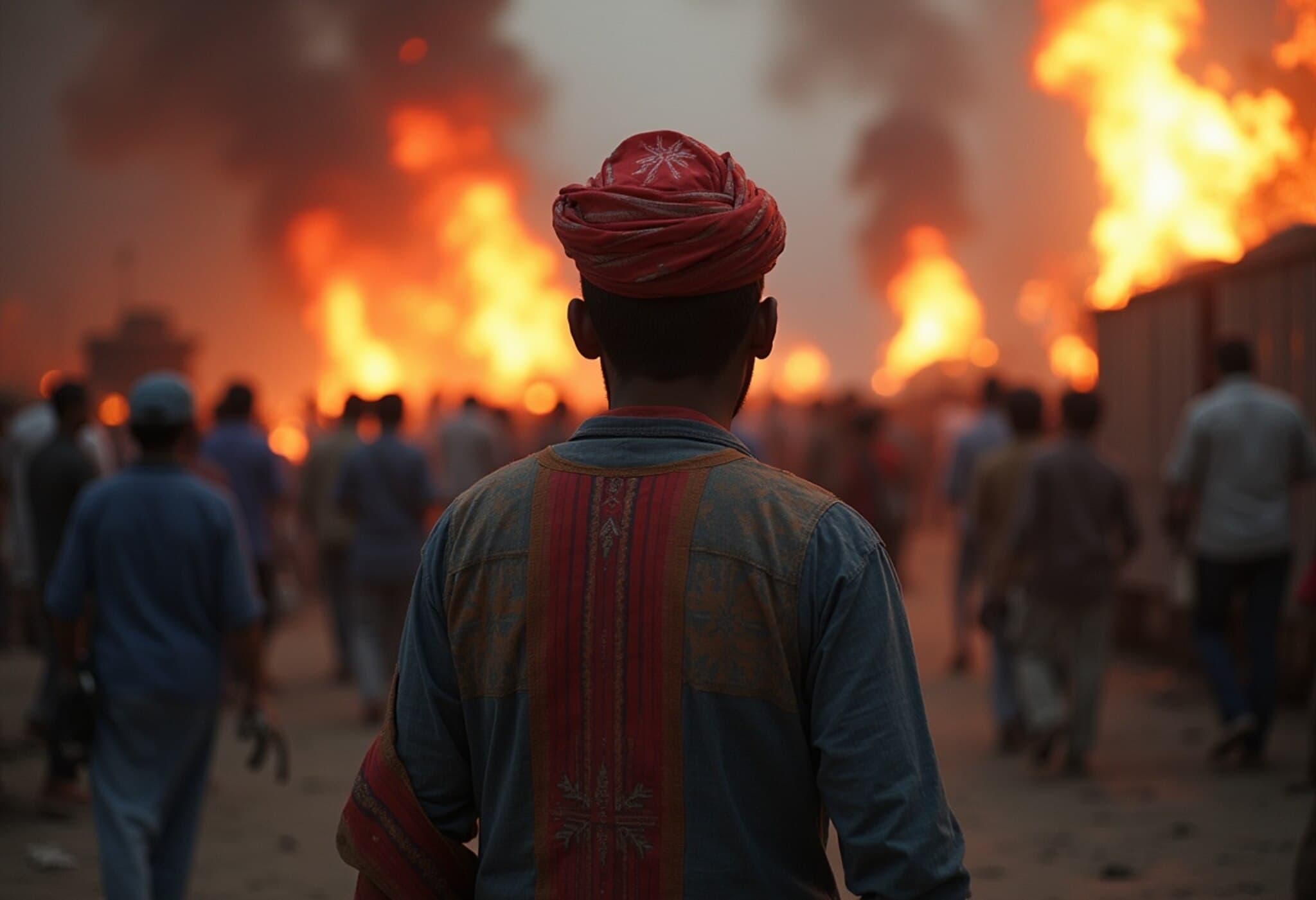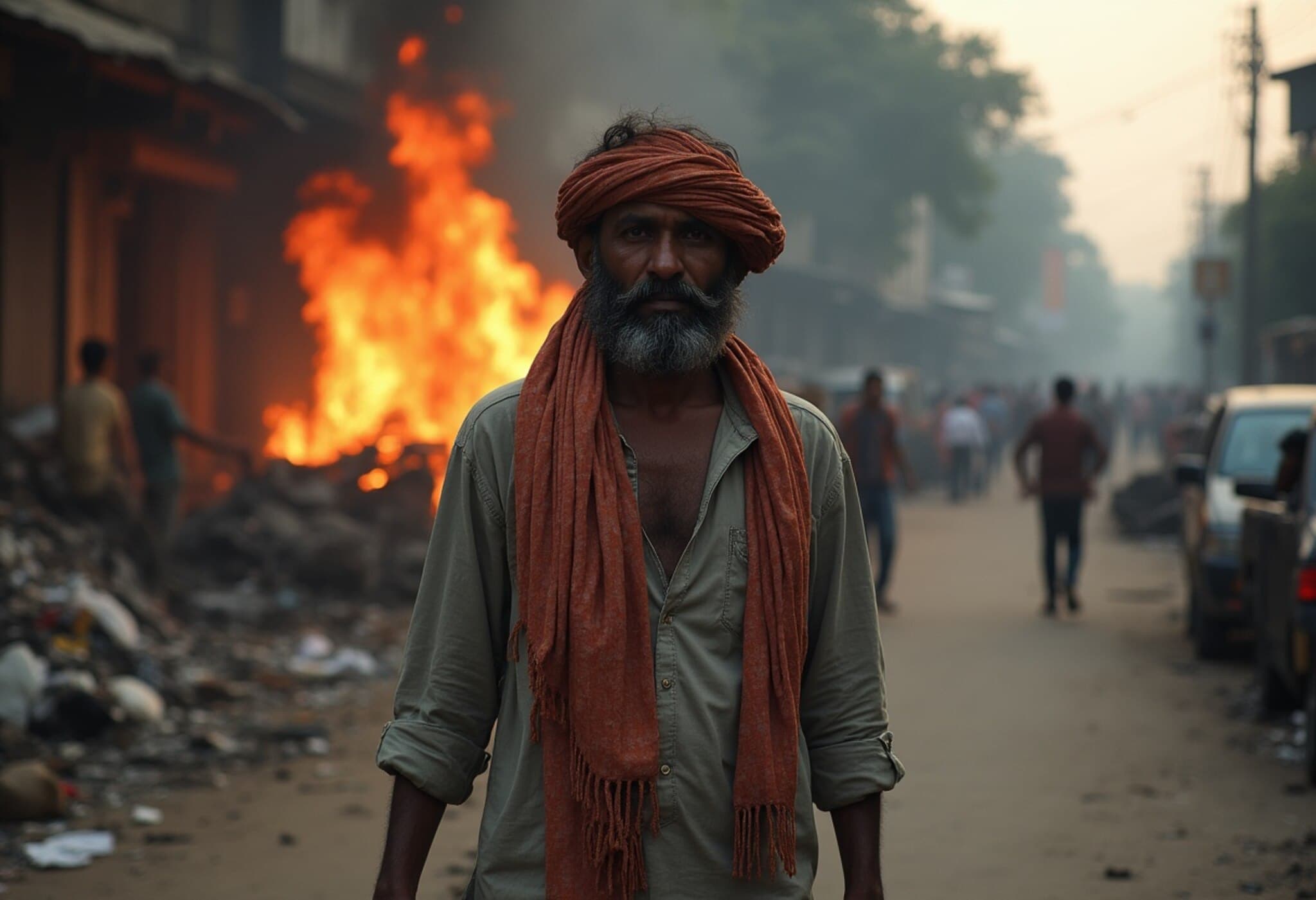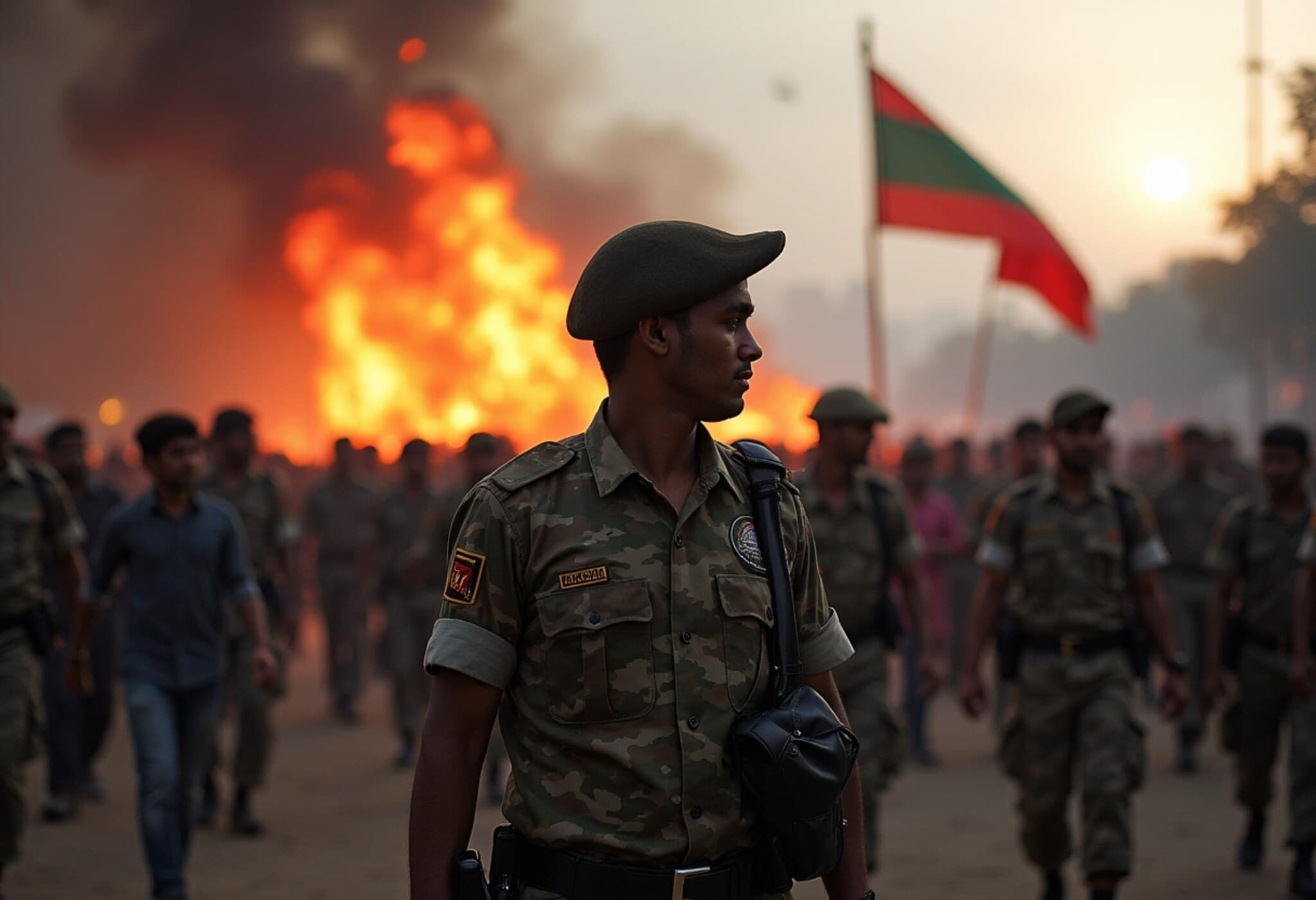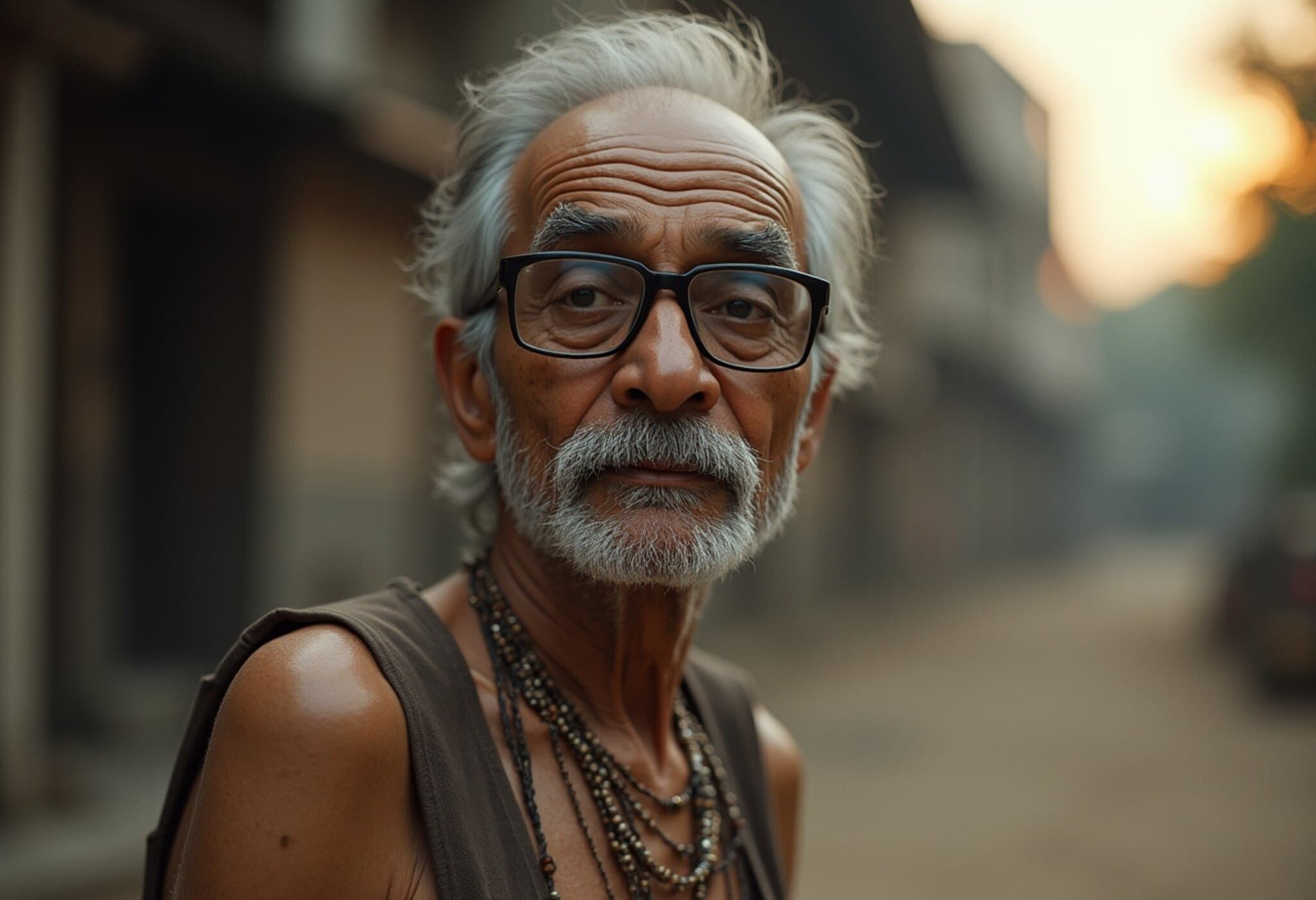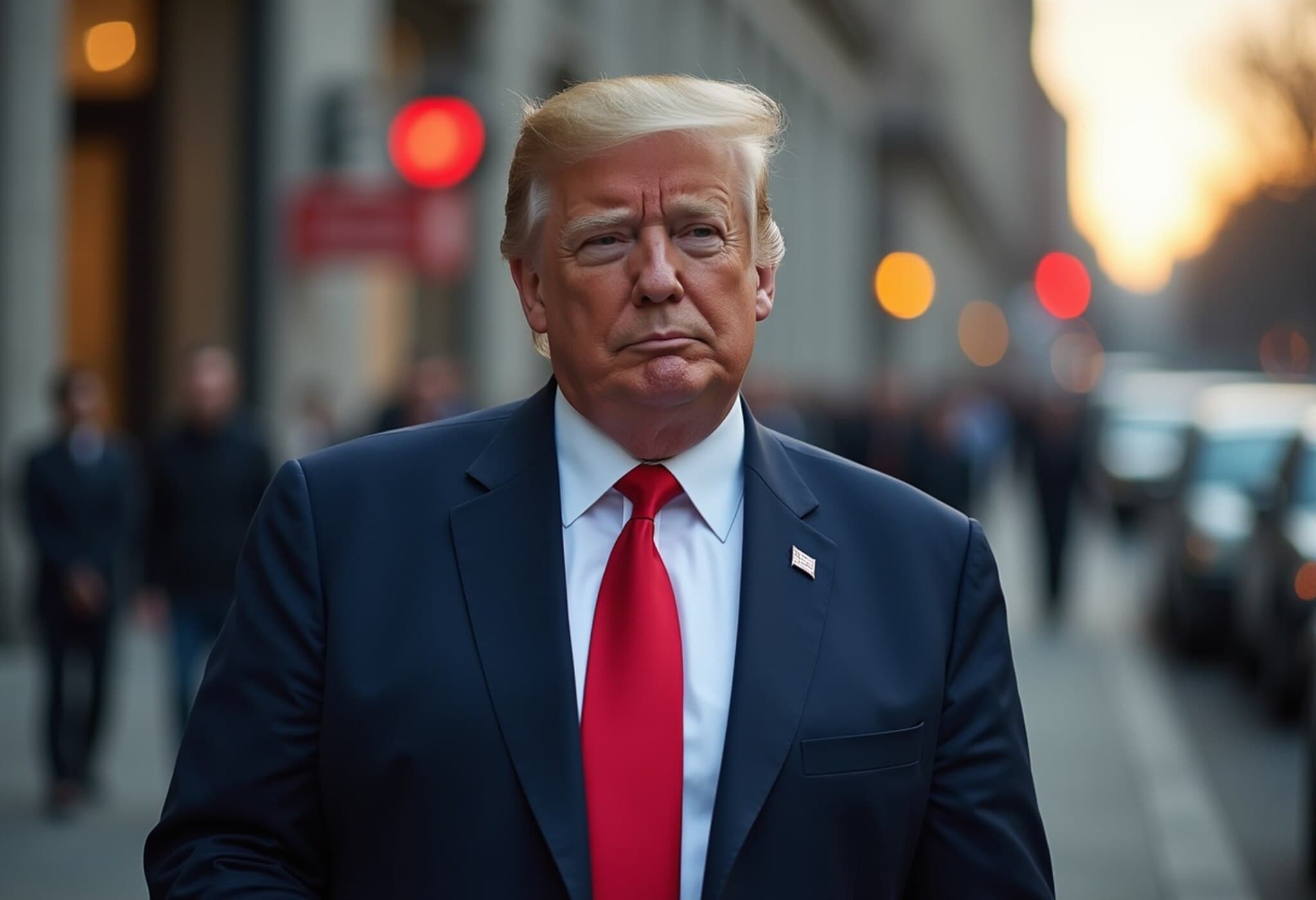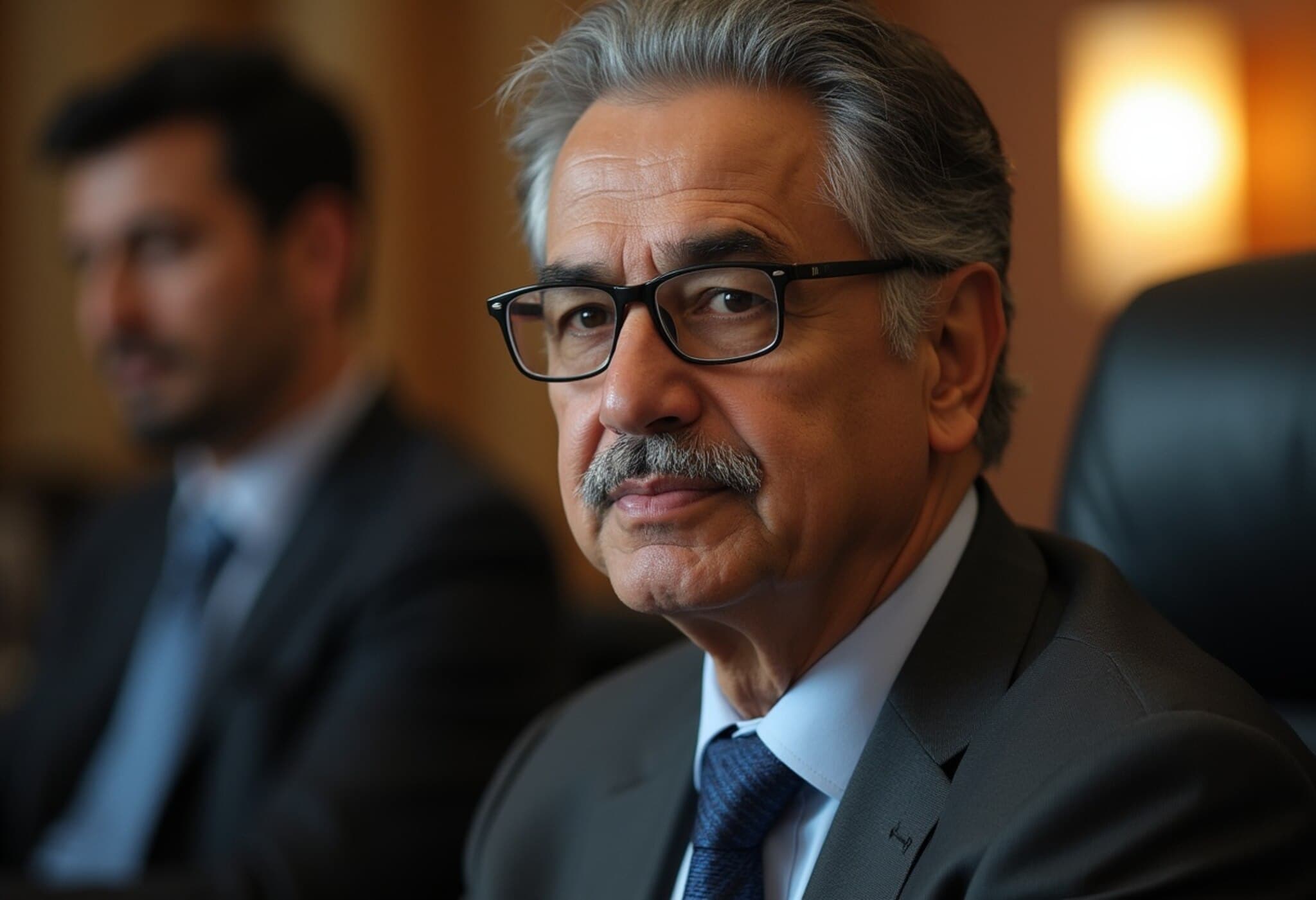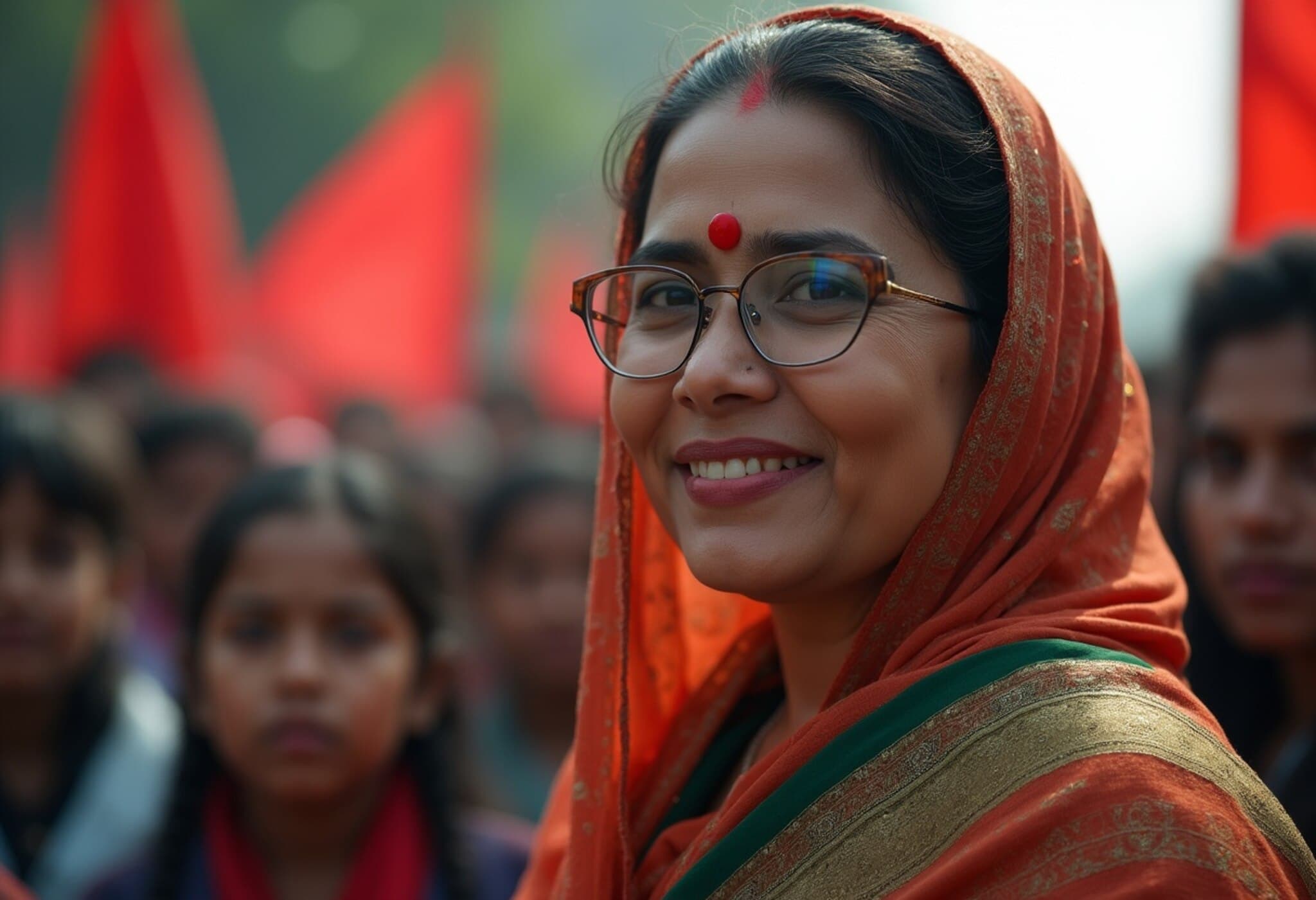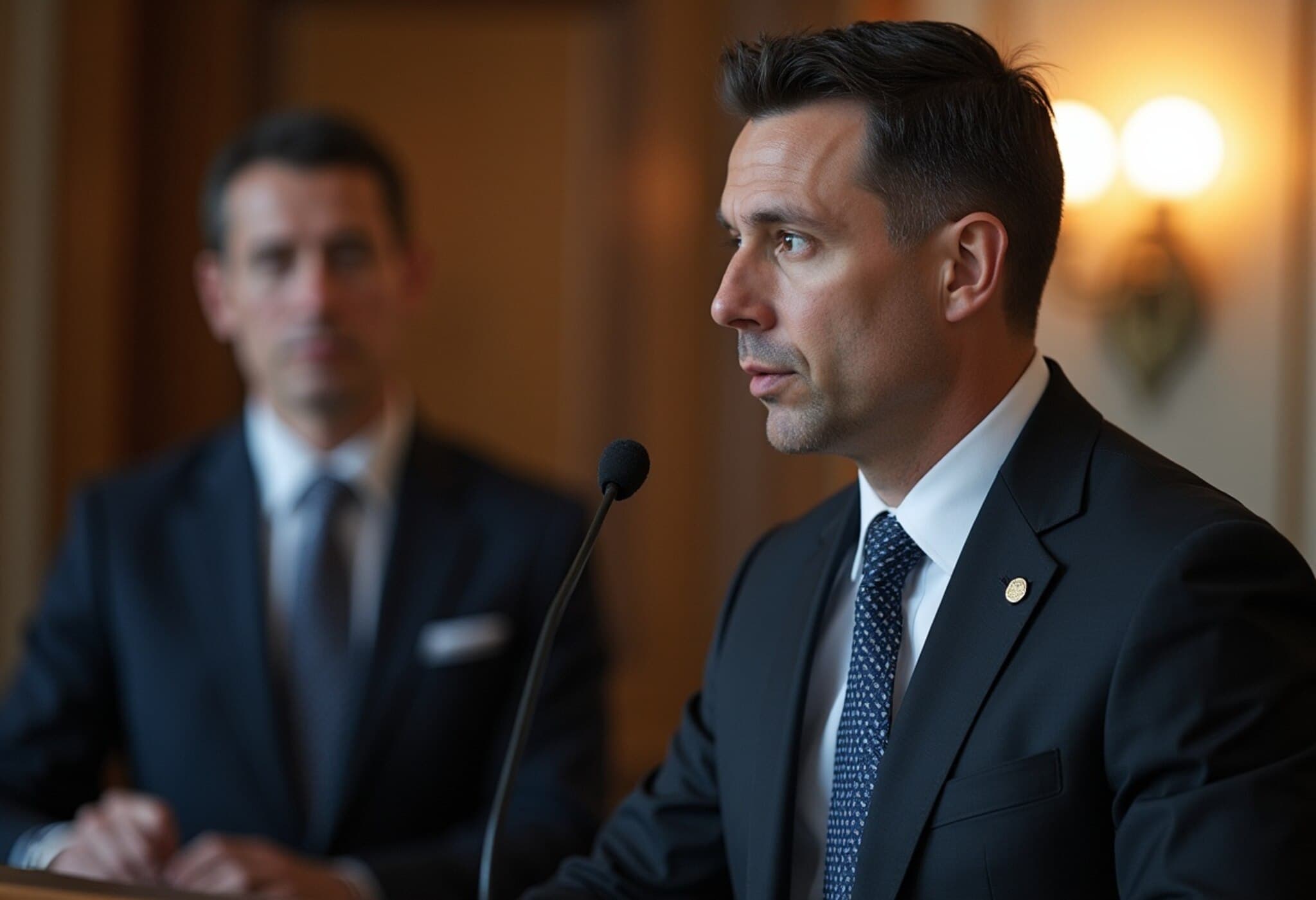WHO Suspends Saima Wazed as Southeast Asia Regional Chief Amid Fraud Allegations
The World Health Organization (WHO) has placed Saima Wazed, daughter of Bangladesh’s Prime Minister Sheikh Hasina, on an indefinite leave from her role as the Regional Director for WHO’s South-East Asia Regional Office (SEARO). This unprecedented move follows serious allegations raised by Bangladesh’s Anti-Corruption Commission (ACC) regarding misuse of influence, falsification of credentials, and financial improprieties during Hasina's administration.
Details of the WHO Decision
According to reports from Health Policy Watch, WHO Director-General Dr. Tedros Adhanom Ghebreyesus formally notified staff via email on June 11 that Saima Wazed was placed on indefinite leave effective immediately. Dr. Catharina Boehme, WHO’s Assistant Director-General, has been appointed to temporarily oversee the SEARO office until further notice.
Accusations Levelled Against Saima Wazed
- Corruption and Abuse of Power: The ACC accuses Wazed of leveraging her close political ties to secure her WHO position and misappropriating approximately $2.8 million through the Shuchona Foundation, a charitable organization she once headed.
- Forgery and False Representation: She is charged with misrepresenting academic qualifications and professional experience during her nomination process. Specifically, Wazed claimed an honorary role at Bangabandhu Sheikh Mujib Medical University, which the institution has officially refuted.
- Legal Framework: The allegations touch upon sections 468 and 471 of the Bangladesh Penal Code relating to forgery, Section 420 for cheating, and Section 5(2) of the 1947 Prevention of Corruption Act addressing misuse of public office.
Political and Regional Implications
The interim government chaired by Nobel laureate Muhammad Yunus has publicly welcomed the WHO's decision, describing it as a crucial step towards restoring accountability in Bangladesh’s public institutions. Shafiqul Alam, press secretary to the interim government, emphasized the need for a permanent resolution that not only removes Wazed from her role but also revokes her privileges to uphold the credibility of the WHO and the international system.
This development has significant ramifications in the South Asian political landscape where governance and corruption remain persistent challenges. The WHO’s intervention underscores the global health agency’s commitment to ethical leadership amid complex geopolitical ties.
Expert Insight: The Intersection of Politics and Public Health Leadership
Dr. Anita Rajan, a governance and health policy expert, notes, "This case highlights how political influence can permeate even international health institutions, potentially compromising their neutrality and public trust. The WHO’s swift action signals an important precedent for transparency and merit-based leadership in global health governance." She further stresses that "strengthening oversight mechanisms at institutional and international levels is critical to prevent such conflicts of interest."
Unanswered Questions and Broader Context
While the accusations against Saima Wazed are serious, several questions merit further investigation:
- What mechanisms failed during the nomination and vetting process within the WHO that allowed potentially falsified credentials to pass undetected?
- How will this controversy impact Bangladesh’s standing within regional and global health cooperation frameworks, especially during ongoing health crises?
- What reforms might international organizations implement to safeguard against similar situations in future leadership appointments?
The unfolding case invites reflection on the broader challenges of intertwining political power with international institution roles, especially when public trust and global health security are at stake.
Editor’s Note
Saima Wazed’s indefinite leave from WHO amidst allegations places a spotlight on the vulnerabilities within global health leadership structures where political legacies can influence appointments. As this story develops, it underscores the urgent need for robust governance frameworks to ensure transparency and accountability. Readers are encouraged to consider the broader implications for international bodies tasked with public welfare and how political dynamics shape such institutions.


